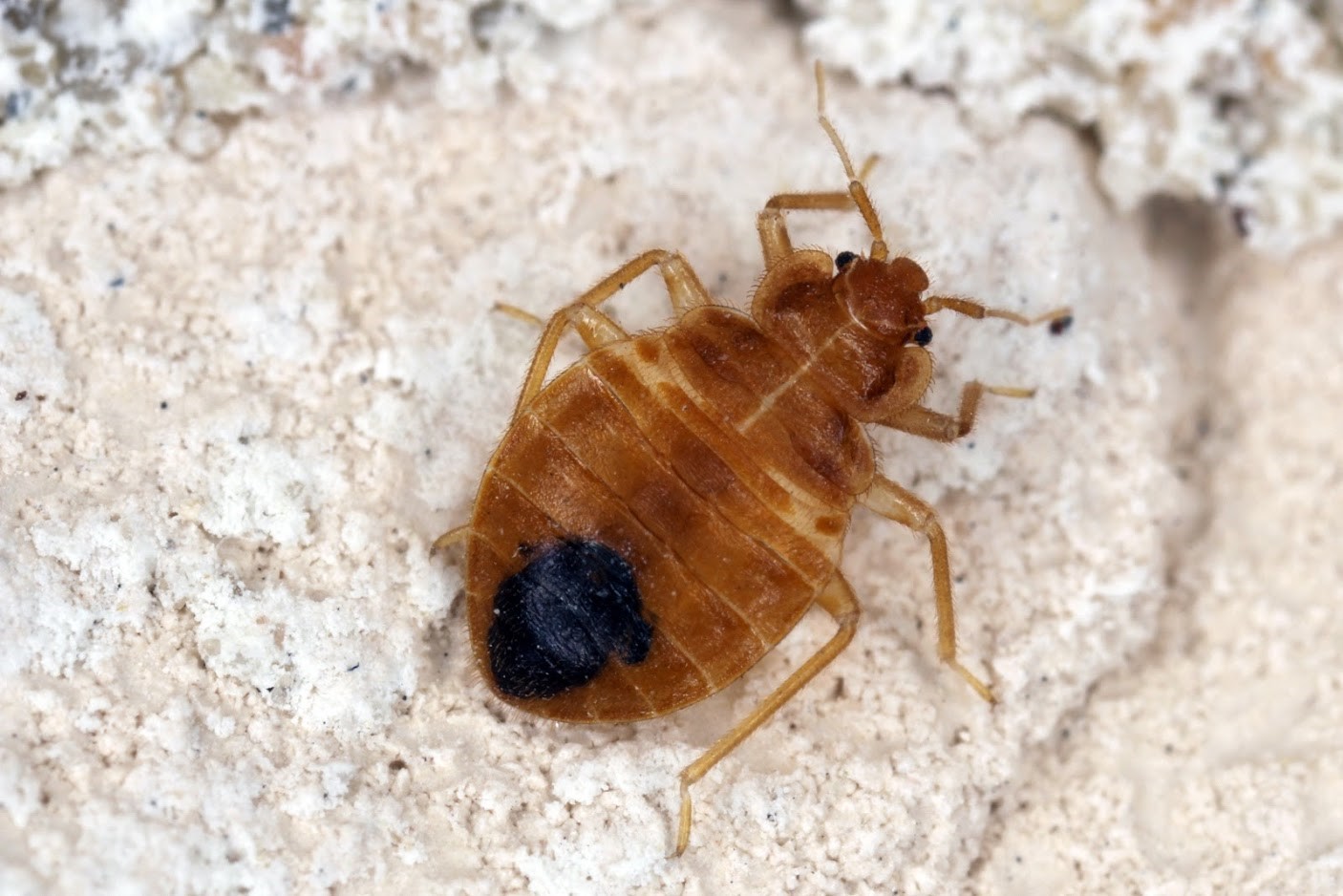 Many insect species don’t survive the winter. And some species of insect remain inactive throughout winter before emerging in the warmer months of spring. If you have a bed bug problem in your home, however, that problem will likely remain throughout the winter months. Unlike many other insect pests, bed bugs can survive throughout the winter.
Many insect species don’t survive the winter. And some species of insect remain inactive throughout winter before emerging in the warmer months of spring. If you have a bed bug problem in your home, however, that problem will likely remain throughout the winter months. Unlike many other insect pests, bed bugs can survive throughout the winter.
See six things you need to understand about bed bug behavior in the wintertime.
1. Bed Bugs Don’t Need to Hibernate
Unlike warm-blooded mammals, like rodents, insects don’t hibernate throughout winter. Instead, they go into a dormant state known as diapause. While this is true of bed bugs too when faced with cold temperatures, they don’t need to go into diapause if they live in a warm environment.
2. Bed Bugs Thrive in Heated Homes
A heated home doesn’t just benefit humans, it benefits bed bugs too. If a home is well heated, bed bugs will continue to live as they did during the summer months, when bed bug infestations are at their peak. This means that bed bugs will continue to feed on nearby humans and pets, such as dogs and cats throughout the winter.
3. Bed Bugs Gravitate Toward Heated Areas
During the winter months, bed bugs will move to the warmest areas of a house to escape the cold. This means that if during the summer, bed bugs infested an area in the living room, they may then move to the bedroom if the living room is too cold during the winter.
Keep this in mind if you realize that you no longer get bitten in a certain area of your home. The bed bugs may have simply moved to a warmer part of your home. As long as bed bugs have a warm and cozy environment, they can remain active throughout the winter months, no matter how cold the weather outside is.
4. Bed Bugs Can Still Breed in Well-Heated Homes
Many other insects stop breeding in winter and wait until spring before they seek a mate or lay their eggs. But bed bugs will continue to breed throughout winter as long as the conditions are right. All bed bugs need to continue breeding during the winter months is a steady supply of blood, and a warm environment.
The good news is that bed bug females only lay about one egg per day. This means that you can stop a new infestation in its tracks as long as you act quickly.
5. Bed Bugs Can Go Without Feeding for Months
Bed bugs don’t need to feed every day. And sometimes, during winter, if they are forced to go into a state of diapause because of chilly indoor temperatures, adults can go without food for as long as a year. And even when bed bugs aren’t in diapause, they can go without a blood meal for several months if necessary.
This means that you shouldn’t let your guard down if a previously active infestation suddenly goes quiet during the winter months. This is especially true if you don’t heat most areas of your home.
6. Bed Bugs Have More Places to Hide During Winter
People tend to use thicker towels, blankets, duvets, and clothes during winter, in an effort to stay warm. Unfortunately, this provides bed bugs with more hiding places. Bed bugs are more than happy to hide in linen closets, washing baskets, and even the seams of a thick dressing gown.
Do you have a bed bug problem that seems to be thriving despite the colder weather outside? Then you need the help of a pest control specialist to rid you of your problem. Contact Guardian Pest Control today, and we’ll help you eradicate your bed bug issue before the problem worsens when the warmer months of spring arrive.
